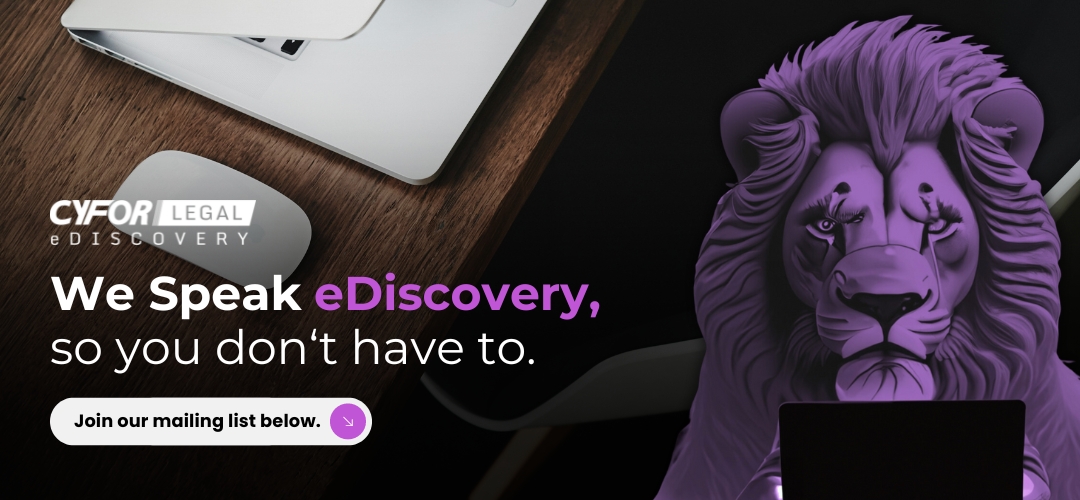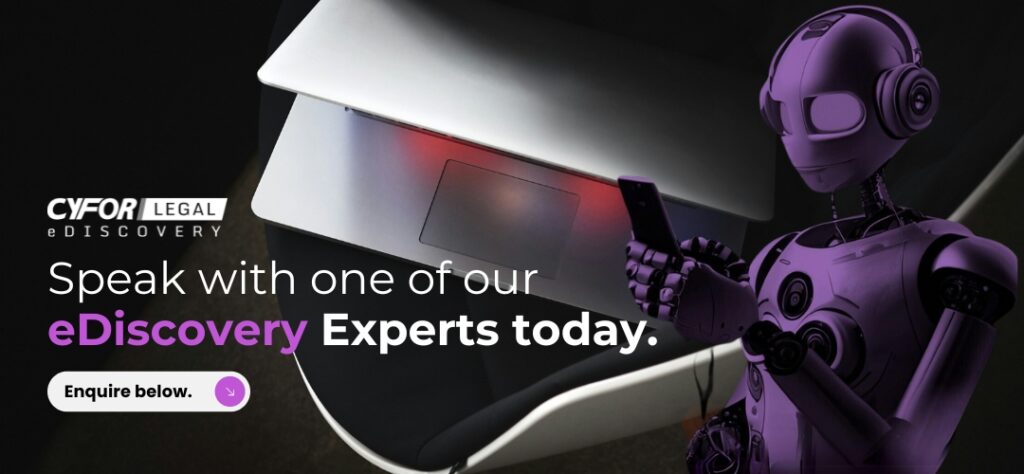Targeted Forensic Data Collection can Reduce eDisclosure Costs.
Many solicitors tend to focus on the analysis and review stage of the Electronic Discovery Reference Model (EDRM). However, if the collected data in the review platform is unnecessary or irrelevant, then the cost and time spent on litigation could be much higher than it needs to be. Targeted forensic data collection can help you reduce eDisclosure costs for your project.
Examples of Electronically Stored Information (ESI)
In past meetings with Litigation Support Managers of the magic circle firms, we have identified that flexible data collection techniques can yield significant savings, both monetary and time-wise, in the area of eDisclosure.
Forensic Data Collection can be Conducted in a Number of Ways.
An increasingly popular method, and one which CYFOR Legal regularly uses, is the collection of logical evidence files. This forensic process allows you to select which files or folders you wish to preserve. Opposed to acquiring an entire drive or server. Unlike simply using IT personnel to copy files that could alter the critical metadata. We use logical evidence files to preserve the original data as it existed on the media.
There are clear benefits to the collection of logical evidence files including minimising disruption to the client’s business continuity through live acquisition. Whilst reducing processing costs with control over data volumes, and maintaining continuity of evidence through forensically sound data collection.
Further, it is only the eDisclosure solutions that explore and refine the foundation stages of EDRM that can really be considered true end-to-end solutions. Starting with early, fast, and accurate search, collection, alongside preservation.
Explore our entire eDiscovery solutions suite and how we can reduce your eDisclosure costs for you here.




